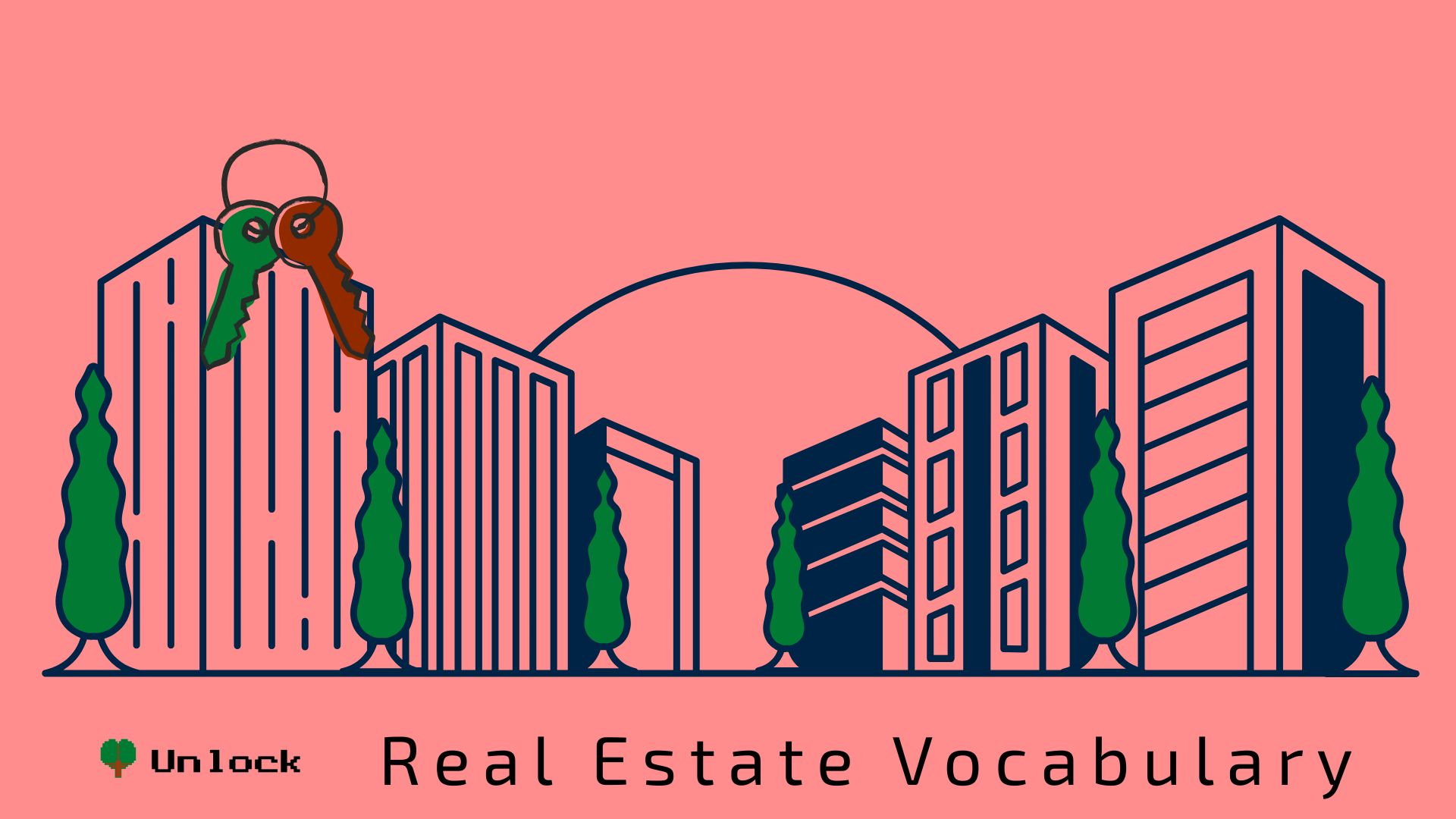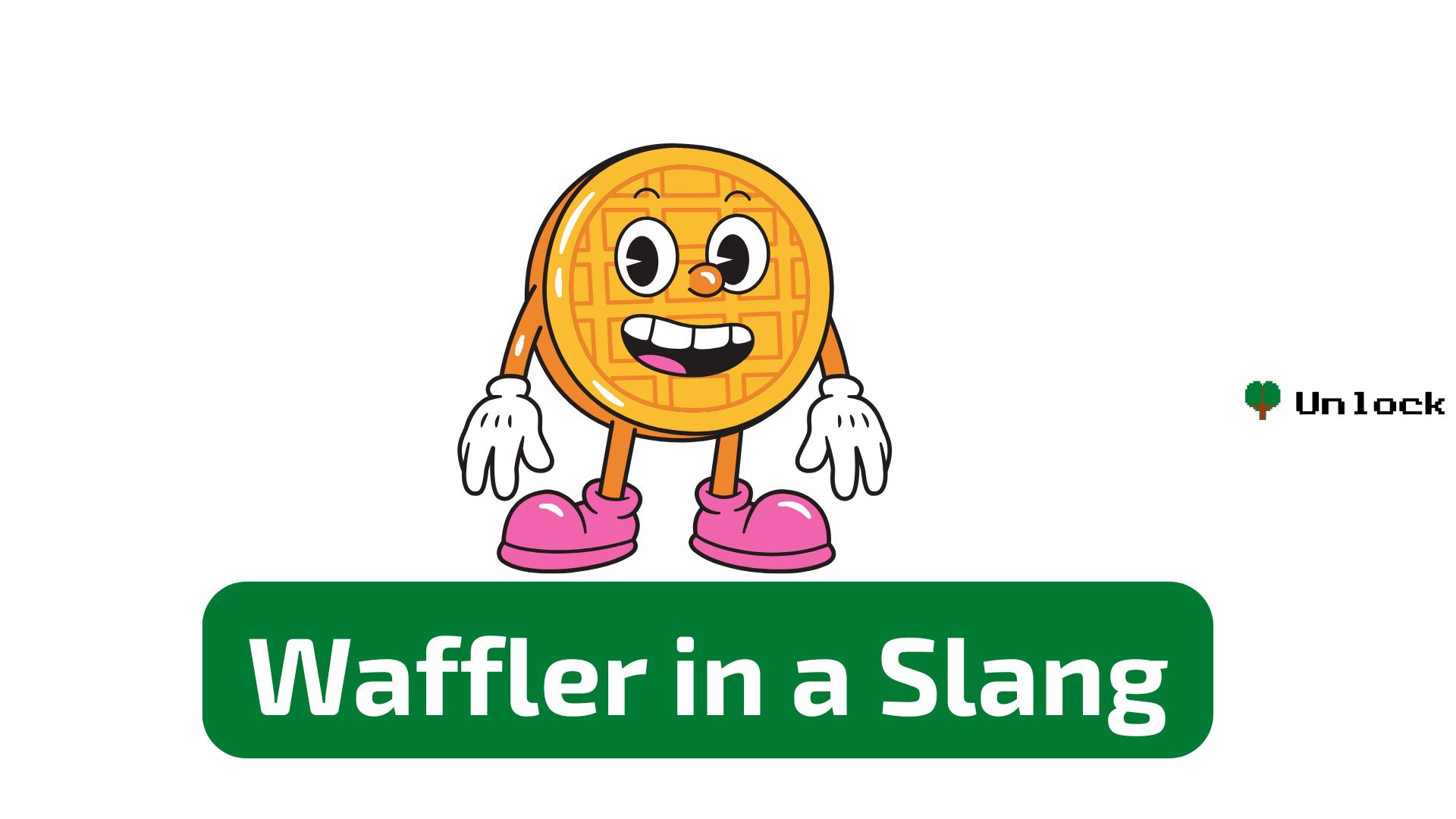
Classroom language for beginners 2nd lesson
1. Thanks so much. = Muito Obrigado.
This is a simple sentence you can use to thank someone.
To add detail, say:
Thanks so much + for + [noun] / [-ing verb].
For example:
Thanks so much for the birthday wishes.
Thanks so much for bringing that delicious pie.
2. I really appreciate… = Eu realmente aprecio…
You can also use this phrase to thank someone.
For example, you might say:
I really appreciate your support.
Or you can combine #1 and #2:
Thanks so much for cooking dinner. I really appreciate it.
Thanks so much. I really appreciate you cooking dinner.
3. Excuse me. = Com licença
When you need to get through, but there’s someone blocking your way, say “Excuse me.”
You can also say this phrase to politely get someone’s attention. For example:
Excuse me, sir, you dropped your phone.
Excuse me, do you know where the supermarket is?
4. I’m sorry. = Me desculpa
Use this phrase to apologize, whether for something big or small. Use “for” to give more detail. For example:
I’m sorry for being so late.
You can use “really” to show you’re very sorry for something:
I’m really sorry I didn’t invite you to the party.
5. What do you think? = O que você acha?
When you want to hear someone’s opinion on a topic, use this question.
I’m not sure if we should paint the room green or brown. What do you think?
6. How does that sound? = Como isto soa?
If you suggest an idea or plan, use this phrase to find out what others think.
We could have a class tonight at 6. How does that sound?
Let's hire my friends' band to play music. How does that sound?
7. That sounds great. = Isso parece ótimo
If you like an idea, you can respond to #6 with this phrase. “Great” can be replaced with any synonym, such as “awesome,” “perfect,” “excellent” or “fantastic.”
A: My mom Ana is baking cookies this afternoon. We could go to my house and eat some. How does that sound?
B: That sounds fantastic!
8. (Oh) never mind. = Oh não esquenta
Let’s say someone doesn’t understand an idea you’re trying to explain. If you’ve explained it over and over and want to stop, just say “oh, never mind.” You can now talk about something else!
You can also use “never mind” to mean “it doesn’t matter” or “just forget it.” In these situations, say it with a smile and positive tone, though. Otherwise, when you say this phrase slowly with a falling low tone, it can mean you’re bothered or upset.
A: Are you going to the grocery store today?
B: No, I’m not. But why—do you need something?
A: Oh, never mind. It’s okay, I’ll go tomorrow.
9. I’m learning English. = Eu estou aprendendo Inglês
This simple phrase tells people that English is not your native language. If you’re a total beginner, add “just started” after I: “I just started learning English.”
My name is Julia and I’m learning English.
10. I don’t understand. = Eu não entendo
Use this phrase when you don’t understand what someone means.
Sorry, I don’t understand. The Brazilian Electoral College seems very confusing!
11. Could you repeat that, please? = Você poderia repetir isso, por favor?
If you’d like someone to say a word, question or phrase again, use this question. Since “to repeat” means “to say again,” you can also ask, “Could you say that again please?”
We can say “please” either at the end of the question or right after “you,” like this:
Could you please repeat that?
Could you repeat that, please?
12. Could you please talk slower? = Você poderia falar mais devagar?
Native speakers can talk very fast. Fast English is hard to understand! This is an easy way to ask someone to speak more slowly.
Note: This phrase is not grammatically correct. However, it’s used often in everyday (casual) speech. The grammatically correct question would be, “Could you please talk more slowly?”
That’s because “slowly” is an adverb, so it describes verbs (like “talk”). “Slower” is a comparative adjective, which means it should be used to describe nouns (people, places or thing), not verbs. (For example: My car is slower than yours.)
A: You can give us a call any weekday from 11:00 a.m. to 11:00 p.m. at five five five, two five zero eight, extension three three—
B: I’m sorry, could you please talk slower?
13. Thank you. That helps a lot. = Grato, isso vai ajudar muito.
After someone starts speaking more slowly for you, thank them with this phrase.
You can use it in many other situations, too.
Pri: Dani, could you please make the font bigger? It’s hard for me to read the words.
Dani: Sure! I’ll change it from size 10 to 16. How’s this?
Pri: Thank you. That helps a lot.
14. What does _____ mean? = O que ___ significa?
When you hear or see a new word, use this phrase to ask what it means.
A: What does “font” mean?
B: It’s the style of letters, numbers and punctuation marks when you type. A common font at Unlock is FS Gravity.
15. How do you spell that? = Como você soletra isso?
English spelling can be tricky, so make sure to learn this question. You could also ask someone, “Could you spell that for me?”
A: My name is Zubaida Majan.
B: How do you spell that?
16. What do you mean? = O que você quer dizer?
When you understand the words one by one, but not what they mean together, use this question. You can ask it whenever you’re confused about what someone is telling you.
A: The Silvas do have a really nice house, but the grass is always greener on the other side.
B: What do you mean?
A: I mean that if we had the Silvas' house, we probably wouldn’t be happier. We always think other people have better lives than us, but other people have problems too.
17. Hi! I’m [Name]. (And you?) = Olá! Eu sou __. E você?
Here’s an informal greeting you can use when you meet new friends. If the person doesn’t tell you their name, you can ask “And you?” or “And what’s your name?”
Hi! I’m Denilson. And you?
18. Nice to meet you. = Prazer conhece-lo.
After you learn each other’s names, it’s polite to say this phrase.
A: Hi Leticia, I’m Jonatas.
B: Nice to meet you, Jonatas.
A: Nice to meet you too.
19. Where are you from? = De onde você é?
Ask this question to find out which country someone is from. You answer this question with “I’m from ~.”
Can you answer this question in English? Say both the question and answer aloud right now. (Four times, remember?)
A: Nice to meet you, Roberto. So, where are you from?
B: I’m from Spain.
20. What do you do? = O que você faz?
Most adults ask each other this question when they meet. It means what do you do for a living (what is your job).
I think this question is boring, so I ask other questions. But many people will probably ask you this, so it’s important to know what it means.
A: What do you do, Nadia?
B: I work at the university as a financial specialist.
21. What do you like to do (in your free time)? = O que você gosta de fazer no seu tempo livre?
Instead of asking for someone’s job title, I prefer to ask what they enjoy doing. The responses (answers) are usually much more interesting!
A: So Andre, what do you like to do in your free time?
B: I love to read and to garden. I picked two buckets of lettuce last week!
22. What’s your phone number? = Qual é o seu número de telefone?
If you want to keep in contact with someone you just met, ask this question to find out their phone number. You can replace “phone number” with “email address” if you want to know their email address.
You might also hear people use the more casual “Can I get your ~?,” as in, “Can I get your phone number?”
It would be great to meet up again sometime. What’s your phone number?
23. Do you have Facebook/ Instagram / Linkedin / X? = 23. Você tem Facebook/Instagram/Linkedin/X?
Many people keep in touch (contact) through Facebook. Use this question to find out if someone has a Facebook account. You might also ask, “Are you on Facebook?”
Let’s keep in touch! Do you have TikTok?
24. How can I help you? = Como eu posso te ajudar?
If you work in customer service, you’ll use this phrase a lot. It’s also a common phrase when answering the phone.
[On the phone]: Hello, this is Carlos speaking. How can I help you?
25. I’ll be with you in a moment. = Eu estarei com você em um minuto.
When someone wants to see you, use this phrase if you need a minute to finish something first. If a client is waiting at a store, you can also use this phrase to show that their turn is next.
You can replace “moment” with “minute”: “I’ll be with you in (just) a minute.”
Another common phrase for this situation is “I’ll be right with you.”
Good morning! I’ll be with you in a moment.
26. What time is our meeting? = Que horas é seu encontro?
You can use this question’s structure to ask the time of any event: “What time is [event]?”
If you want to ask about a meeting on a certain day, add “on [day].” For example, “What time is our meeting on Thursday?”
What time is our meeting on Wednesday?
27. Please call me (back) at… = Por favor, me ligue (de volta) as…
When you want someone to call you or to call you back (to return your call), use this phrase to give your phone number.
Hi, this is Gabriel from the financial office.
I’m wondering if you found those missing receipts.
Please call me back at 555-5555. Thanks!
28. (Oh really?) Actually, I thought… = (Ah, é mesmo?) Na verdade, pensei…
When you disagree with someone, “Actually, I thought…” will make you sound kinder and more polite than saying “No” or “You’re wrong.” This phrase is useful when you have a different idea than someone else.
A: So Antonio’s coming in tonight at 8, right?
B: Actually, I thought he wasn’t working at all this week.
A: Oh, ok. I’ll have to look at the schedule again.
29. Actually, I [verb]… = Na verdade, eu ___ …
Just like in #28, you can use “actually, I…” with many different verbs: “heard,” “learned,” “am,” “can,” “can’t,” etc. You should use it for the same situation as above: when you have a different idea than someone else.
Marcelo: Did you finish the reports?
Jo: Actually, I am running a bit behind, but they’ll be done by noon!
Lucas: When you type, always put two spaces between sentences.
Diego: Actually, I learned to put a single space between sentences.
30. I’m (just) about to [verb]… = Estou (quase) prestes a ___…
When you’re going to start something very soon, you’re “just about to” do something.
I’m just about to send those emails.
I’m about to go and pick up some coffee. Do you want anything?
Source: http://fluentu.com/
Join our Unlock After class Group on WhatsApp.
Be ready to learn with stimulus 100% in English.
.png)



.jpg)


